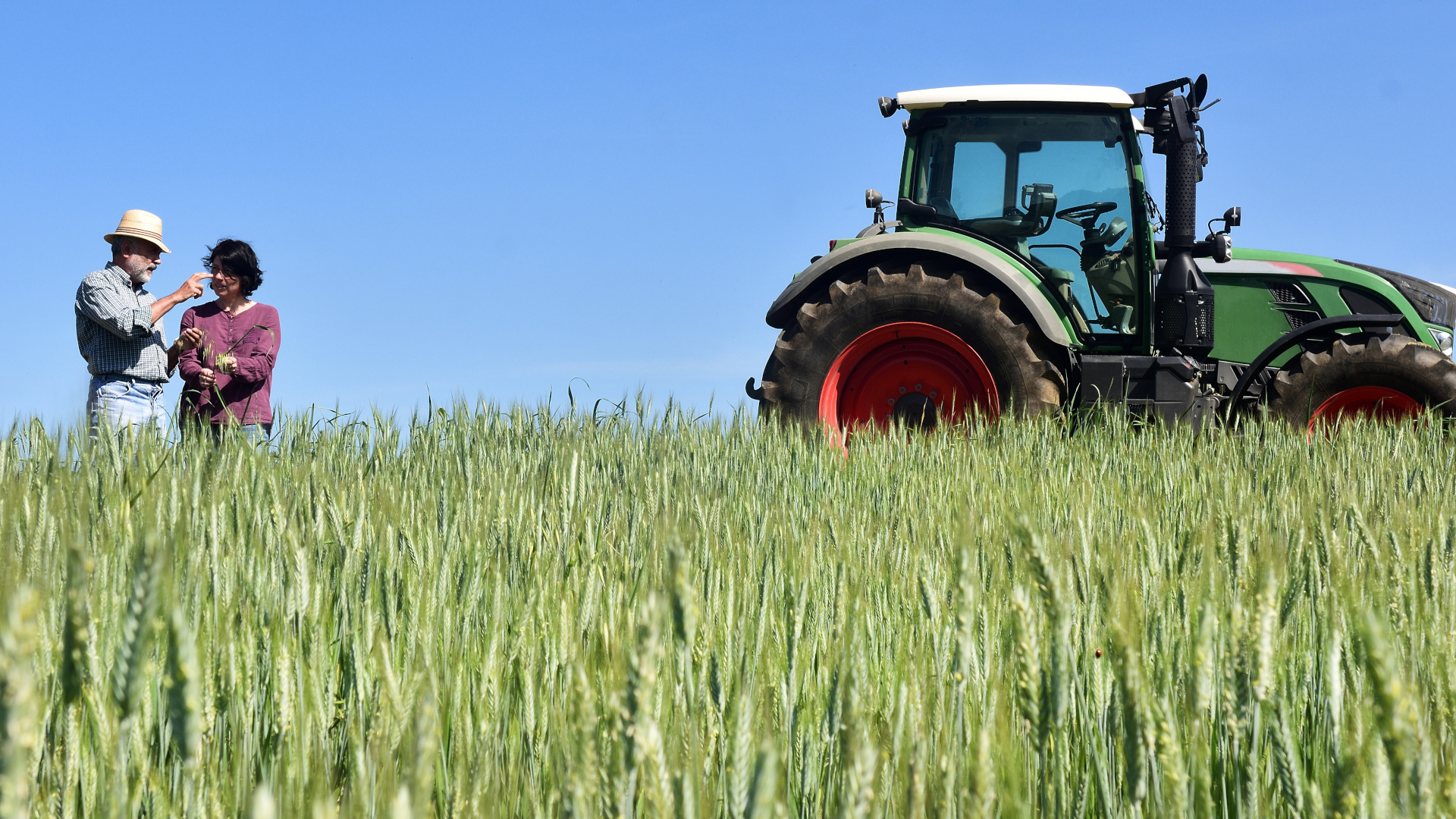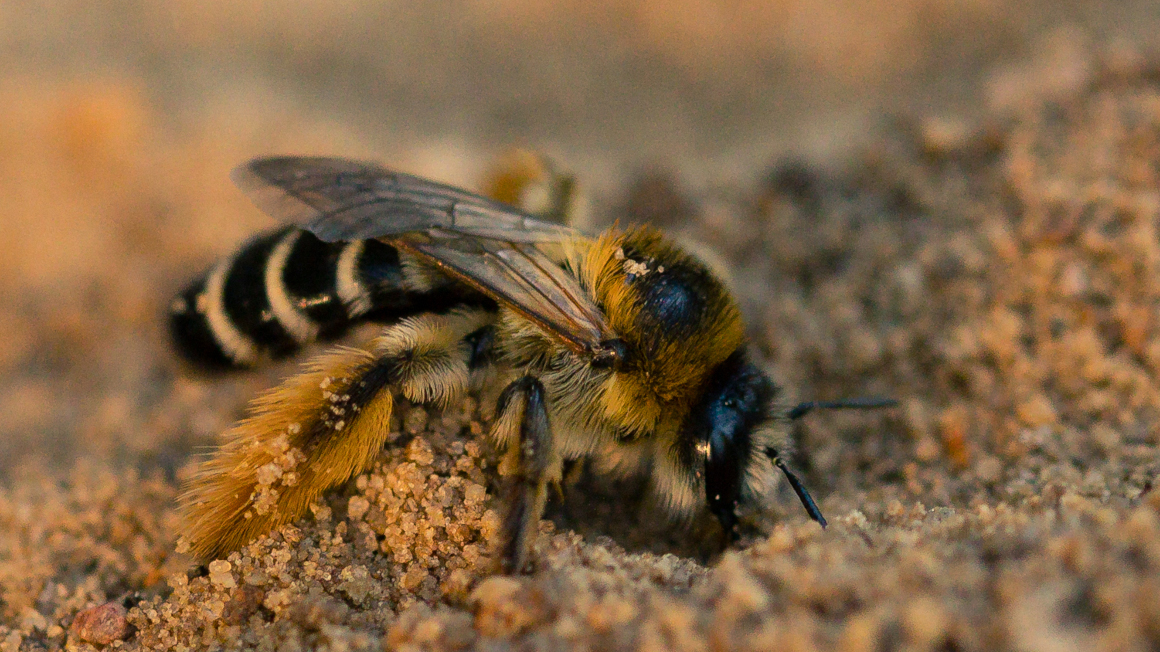Food transition creates trillions in profit
A global report involving researchers from Potsdam shows how the global economy would benefit from an agricultural and food transition and underlines the urgent need to revise the political framework.

Around a third of global greenhouse gas emissions are caused by the way in which land is farmed and food is produced. Above all, meat consumption and the associated animal husbandry contribute to climate-damaging emissions and require a rethink in agriculture. A global report on the economics of agricultural and food systems shows how the global economy would benefit from a food transition. However, the study, which was written by leading economists and the Food System Economics Commission (FSEC), also makes it clear that current practice destroys more value than it creates and that the political framework conditions for a food transition urgently need to be revised.
Benefits outweigh costs of transformation
According to the researchers, the report "The Economics of the Food System Transformation" is the "most comprehensive study to date on the economics of global agricultural and food systems". "The costs of not actively transforming the malfunctioning food system are likely to exceed the estimates of this report, as the world remains on an extremely dangerous path," says Johan Rockström, Director of the Potsdam Institute for Climate Impact Research (PIK) and initiator of the FSEC. According to the Potsdam researcher, the "only way" to achieve the Paris climate target of 1.5° C, apart from phasing out fossil fuels and protecting nature, is to "transform the agricultural and food system from a source of greenhouse gases to a sink". The future of the world's population depends on this global food system, emphasizes Rockström.
Not only the climate, environment and health would benefit from a global food transition, according to the report. The researchers have calculated that a comprehensive transformation would bring annual gains of 5 to 10 trillion US dollars. "The costs of this transformation – estimated at 0.2 to 0.4% of global economic output per year – are small compared to the benefits that would result, which economically amount to several trillion dollars per year," says Hermann Lotze-Campen, FSEC commission member and head of the Climate Resilience research department at PIK.
Modeling two future scenarios
The effects of two possible future scenarios for the global food system were modeled for the report. One is the path of current trends and the other is the path of food system transformation. The 'business as usual' pathway predicts that, even if policymakers deliver on all current commitments, malnutrition and obesity will continue to increase in some parts of the world until 2050, food production will be more vulnerable to climate change and food systems will continue to be responsible for a third of global greenhouse gas emissions, leading to an increase in global warming to 2.7 degrees by the end of the century.
In contrast, the "transformation path" - combined with better policies and measures - would not only save millions of people from malnutrition, chronic disease and death. The food systems would also become net carbon sinks and thus limit global warming to 1.5 degrees Celsius, it says. In addition, 1.4 billion hectares of land would be protected, nitrogen surpluses from agriculture would be almost halved, biodiversity loss would be halted and a sufficient income would be secured for 400 million agricultural workers worldwide.
Politicians must face up to the challenges of the agricultural and food transition
"Instead of mortgaging our future and accumulating rising costs that lead to high hidden health and environmental costs, policy makers should rise to the challenge of the agricultural and food transition. Changes must be made now that will bring enormous benefits worldwide in the short and long term," says Ottmar Edenhofer, PIK Director and FSEC Co-Chair.
The Food System Economics Commission is an independent academic commission whose aim is to provide policymakers and businesses with tools and facts to change food and land use systems. Organizations such as the Potsdam Institute for Climate Impact Research, the World Health Organization, the World Bank, the London School of Economics, the World Resources Institute Africa and many others are involved.
bb


